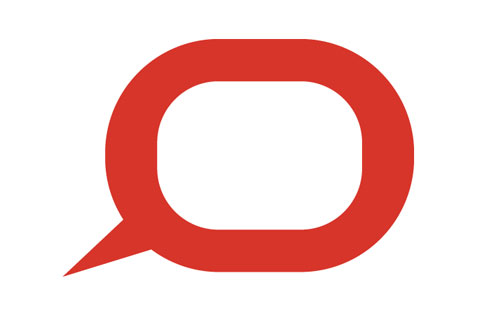International collaboration to drive research into piracy

An international collaboration has been established to critically examine the growing cultural phenomenon of piracy, from the seas off Somalia to Australians illegally downloading music and programs such as the hit HBO show Game of Thrones.
The Piracy Lab is a new online network investigating how acts of piracy raise significant questions regarding property rights and contemporary capital flows in the globalised world.
Co-founder Professor James Arvanitakis, from the UWS Institute for Culture and Society, says much of the current research is industry funded, whereas the Piracy Lab will take an independent look at how piracy impacts individuals and companies.
"Most piracy research focuses on the loss of revenue for distributors, yet often ignores the fact companies themselves take advantage of piracy data to gain insights into consumer behaviour and the way informal economies emerge," says Professor Arvanitakis.
"For example, shoe manufacturers are known to keep tabs on the popularity of counterfeit sneakers to gauge demand for new products, and when their designs are not replicated corporate representatives have been known to visit warehouses for insights into their products."
"Microsoft Founder Bill Gates event took advantage of piracy by turning a blind eye to the counterfeit production of Microsoft products in China in the 1990s to ensure Windows became the platform of choice."
Professor Arvanitakis says illegal downloads are a good example of how the debate around piracy is more than just an economic issue involving lost revenue.
"Whenever a new distribution channel emerges there's an accompanying moral panic as the market fragments," he says.
"At the start of the last century it was claimed radio would end the record industry, and when VCRs were introduced the movie industry claimed they would go bankrupt.
"In fact, 100 years before that, the copying of sheet music for pianos created a panic that all original music would no longer be appealing!"
Professor Arvanitakis says new technology helps artists reach new audiences.
"Internet piracy has led to an industry backlash while also driving innovations, such as legal movie downloads and new television episodes delivered direct from the US to Australia," says Professor Arvanitakis.
"There's even evidence that illegally downloaded content may have an impact on short term sales, but drives people to become long term consumers who change their behaviour to ultimately pay for content."
The launch of Piracy Lab is accompanied by a new book coedited by Professor Arvanitakis and accomplished Swedish academic, Dr Martin Fredriksson entitled Piracy: Leakages from Modernity.
"From Somalia to the Internet, piracy is happening, and we need to understand why – because it provides insights into market and social failures, as well as alternative exchange economies," says Professor Arvanitakis.
Ends
8 July 2014
Latest News

Opinion: Most bees don’t die after stinging – and other surprising bee facts
Most of us have been stung by a bee and we know it’s not much fun. But maybe we also felt a tinge of regret, or vindication, knowing the offending bee will die. Right? Well, for 99.96% of bee species, that’s not actually the case.

Western Sydney University receives transformational donation to support LGBTIQA+ community
Western Sydney University has welcomed a philanthropic donation from The Brennan Lynch Foundation.

Western Sydney University ranks among world’s best for 23 subjects
The University has been named as one of the world’s top universities for the study of 23 subjects in the latest edition of the QS World University Rankings by Subject, including being ranked in the top 50 for Nursing.
Mobile options:

